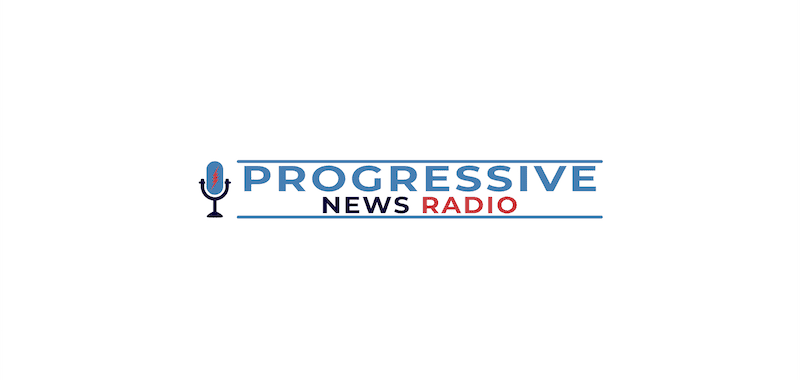Kim Downey:
Fostering meaningful connections and building a supportive community has become my mission as I work to stand up for and alongside doctors. I recently connected Dr. Wael Saasouh with Lisa Scardina. During our thought-provoking conversation, Wael said, from his perspective of wearing many hats in business, leadership, clinical, and research, “Once we can collaborate on multiple levels, a solution becomes a lot more attainable!” Lisa and I wholeheartedly agreed. We all feel that the physician-patient relationship needs to be restored and that we can make a difference in deepening human connections in health care.
Wael Saasouh, MD:
Burnout, rust-out, and moral injury permeate all levels of health care, affecting not only clinicians but also students, residents, nurses, ancillary staff, administrators, and, ultimately, patients. It’s easy to feel isolated in our struggles, forgetting the widespread impact on everyone involved in the health care ecosystem. Conversely, some may feel their own well-being is secondary, often sidelining their needs in favor of others—a common trait among clinicians who are both blessed and burdened by their inherent drive to prioritize others over themselves.
In my experience, particularly within the field of medicine, there exists a profound disconnect between clinicians and management. Numerous examples illustrate this divide: frequent turnover at the executive level brings ever-changing priorities and strategies with each new leader; clinicians are pushed to their limits in terms of productivity, often without acknowledgment of the physician shortage and the intrinsic value we bring. Physicians are burdened by the shortage, while the systemic decisions that led to these shortages are overlooked. Furthermore, discrepancies in physician compensation models tend to emphasize financial rewards for the health care system rather than aligning with the core mission of medicine. These situations contribute to a pervasive sense of moral injury, creating a rift between individuals and the organizations they serve. This is highlighted when the suggested solution to shortages requires increased output from the remaining few rather than finding ways to ease the burden and implement sustainable, long-term strategies that address the root causes of these shortages. Instead of overburdening already stretched clinicians, we should focus on enhancing workforce support, investing in recruitment and retention efforts, and fostering a culture that values well-being and professional fulfillment. By doing so, we can create a more resilient health care system that not only meets the demands of today but is prepared for the challenges of tomorrow.
Moral injury or distress occurs when clinicians are unable to act in accordance with their ethical beliefs, whether due to individual, team, organizational, or systemic barriers. This persistent ethical struggle is closely linked to increased clinician burnout, distress, and poor psychological well-being.
Personally, maintaining a strong sense of purpose is essential. My family is central to this purpose, alongside my commitment to medicine. Overcoming challenges like burnout and moral injury is possible through the love and support of my parents, spouse, daughters, mentors, colleagues, and friends. Additionally, advocating for necessary changes within medicine to address systemic issues is crucial. We must collaborate toward a common goal rather than succumbing to siloed thinking and internal competition. Siloed thinking fosters an “us versus them” mentality, demonizing other groups and creating divisions. This mindset leads to the misconception that only our perspective is valid, hindering collaboration and perpetuating conflict. To move forward, we must embrace collective problem-solving and recognize the shared challenges we all face in health care.
I aspire to see the physician-patient connection prioritized in organizational decision-making as we transform our approach to care delivery. Ultimately, it is this human connection that makes the most significant difference.
Lisa Scardina:
I have been working in health care for more than twenty years in various roles and settings, always with a focus on working with and for physicians and advanced practice clinicians. Over time, I have seen changes across the industry in how we think and talk about clinician burnout and remedies at the individual, team, organizational, and national levels.
From my perspective, currently serving as an executive in a physician and provider recruitment organization, the realities of clinician supply and demand are stark. Rural clinics and hospitals are closing, partly because of the challenges of recruiting and retaining clinical staff. Those coming out of residency programs express concern about the realities of working in health care, and many share that they intend to work in roles other than providing direct patient care. Physicians are leaving practice at unprecedented rates, and the physician suicide rate is significantly higher than average.
I see health care organizations taking steps on many fronts to address issues that contribute to burnout: investing in new technology such as DAX to lessen the administrative burden on physicians and providers; developing team-based care models that engage all members of the care team in more effective and efficient ways; implementing organizational and governance structures that prioritize physician and provider leadership and voice in decision-making; offering programming that supports connection to calling, mental health, and collegiality.
All of these initiatives are incredibly important and impactful, yet I have come to appreciate that one of the most important areas of investment is in relational leadership and human flourishing. At the core of what makes working in the health care profession so meaningful is the connection we have with patients and each other. How we interact with each other—using the skills of active listening, respectful dialogue, psychological safety, and authentic presence—creates the basis for affirmation, respect, dignity, compassion, excellence, and justice.
I have been inspired by individual physician leaders who invest in their teams to try new approaches that result in a better clinician experience—compassion programs, wellness programs, Schwartz Rounds, coaching, mental health supports, resource groups, and more.
It is imperative that we find ways to create space for developing deep and authentic connections, even amidst busy days with significant challenges!
Kim Downey is a physical therapist. Wael Saasouh is an anesthesiologist. Lisa Scardina is a health care executive.



